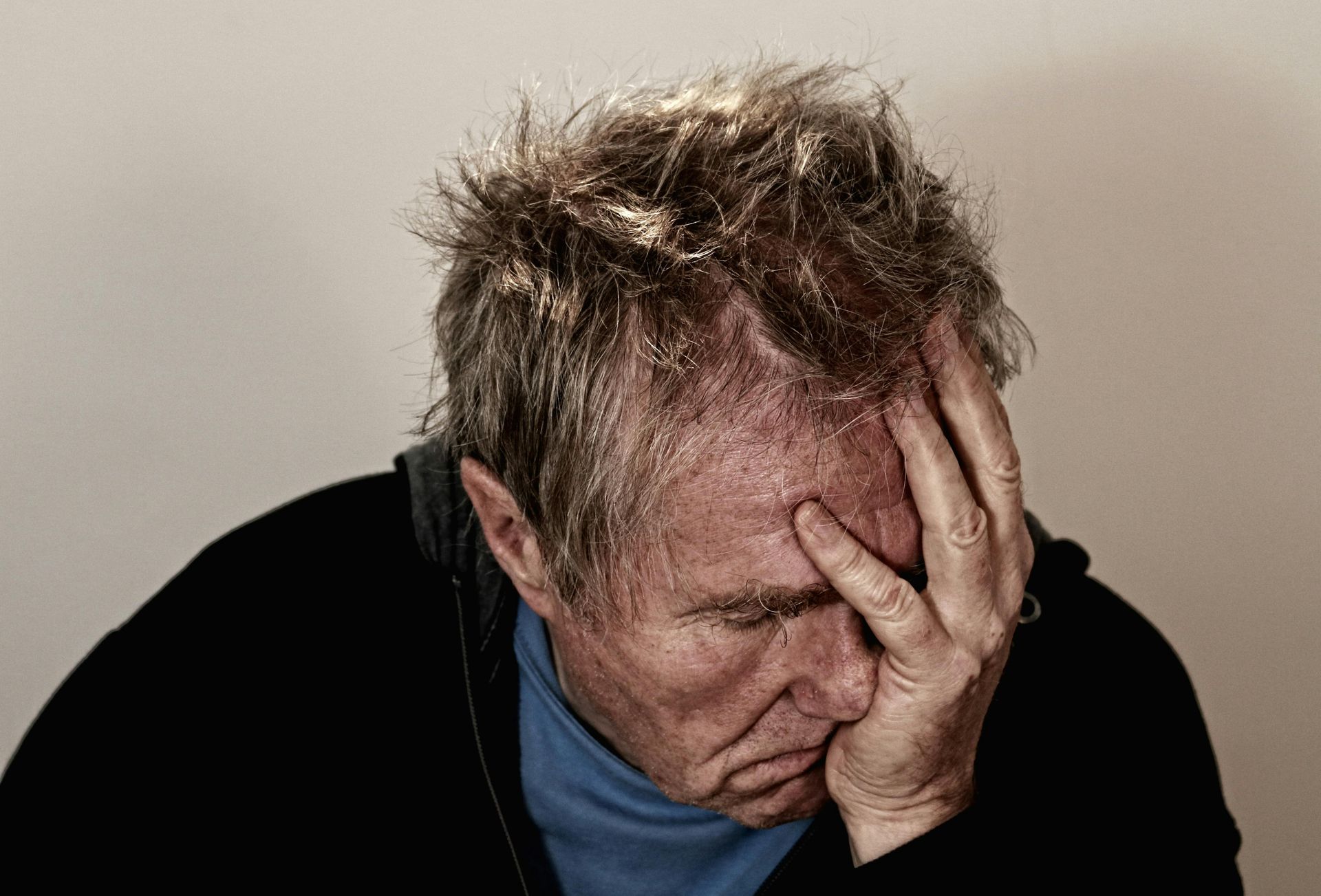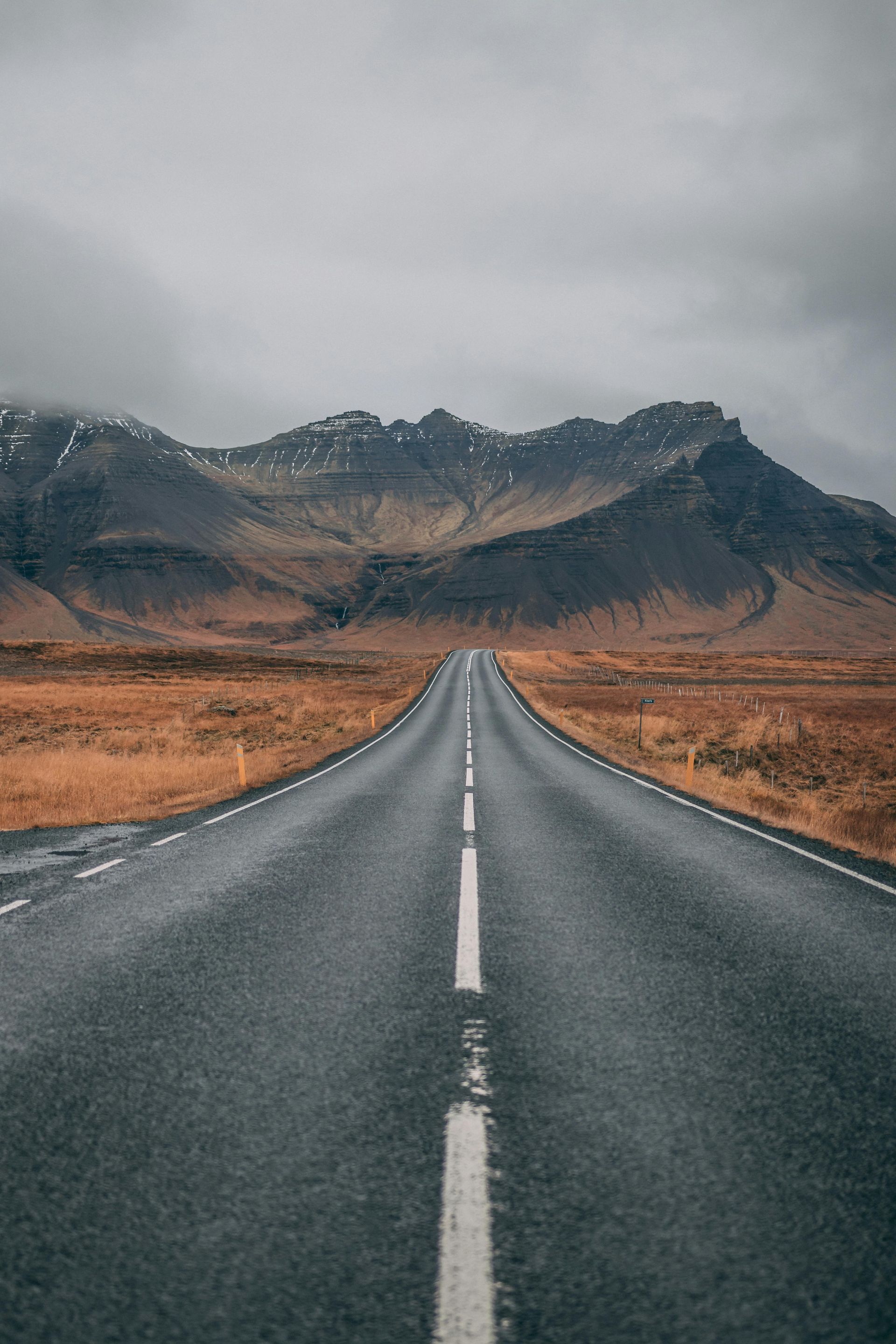The Next Needed Thing
Throughout history, humans have grappled with the tension between what they can control and what lies beyond their grasp. In ancient times, events like storms, plagues, and wars were often attributed to the whims of gods or the decrees of fate. This worldview shaped human lives profoundly, leaving little room for the concept of personal agency. Fast forward to today, and humanity exerts unprecedented control over our environment and societies. Yet paradoxically, feelings of powerlessness persist—and may even be growing. Understanding this paradox requires a journey from ancient beliefs to modern freedoms and a reflection on how we perceive our own agency.
The Ancient Lens of Fate
In the world of Homer’s Iliad and Odyssey, life was a theater where gods and fate pulled the strings. Warriors like Achilles and Odysseus might possess strength and cunning, but their destinies were shaped by divine forces. Athena could tip the scales in favor of Odysseus, while Zeus could rain destruction—or mercy—on mortals below. These stories reflected a deep cultural belief: human lives were subject to forces far beyond their understanding or control.
Religious traditions reinforced this worldview. In Christianity, the Lord’s Prayer includes the phrase, "Thy will be done," signaling submission to divine authority. In Islam, the phrase Inshallah ("if God wills it") acknowledges that human plans are always subordinate to God's will. Across cultures, humanity accepted a fundamental truth: life’s outcomes often depended on powers far greater than ourselves.
This worldview made sense in a pre-scientific age when earthquakes, diseases, and weather patterns were mysteries. Without knowledge of tectonic plates or microbial life, such events felt arbitrary, even malicious. Humanity saw itself as at the mercy of elements it could neither predict nor control.
The Modern Era: Agency in Action
Today, our reality is vastly different. Technological and scientific advancements have granted humanity a level of control that would have been unthinkable to our ancestors. We engineer year-round food supplies, live in climate-controlled homes, and understand the mechanisms behind natural disasters. Life expectancy has soared, and diseases that once ravaged populations are now curable or preventable.
Political freedoms have also expanded. The spread of democracy has allowed billions of people to have a say in their governance, a stark contrast to the absolute monarchies or tribal systems of the past. Decisions that once rested with kings or chiefs are now made by elected representatives, influenced by public opinion.
Yet, despite these advancements, a growing number of people feel powerless. A 2018 Pew Research Center study found that significant portions of the population in democratic countries felt disconnected from political influence. Other studies indicate rising levels of anxiety and despair, suggesting that increased freedom and agency do not always translate to feelings of empowerment.
The Paradox of Progress
This dissonance—the gap between our increasing agency and our perceived powerlessness—mirrors a historical pattern: revolutionary movements often erupt not when oppression is at its peak, but when freedoms are expanding. Consider the French Revolution. Though the monarchy was gradually modernizing, these changes only heightened awareness of the inequalities that remained, spurring demands for more radical transformation.
The collapse of the USSR offers another compelling example. By the 1980s, Soviet citizens were experiencing the loosening of strict controls under Mikhail Gorbachev’s policies of glasnost (openness) and perestroika (restructuring). These reforms exposed systemic corruption and inefficiencies while increasing expectations for personal freedoms. Rather than stabilizing the Soviet system, they led to its unraveling as citizens demanded even more change.
This phenomenon is not unique to politics. Psychologist Robert Cialdini’s research on motivation sheds light on why incremental progress can sometimes feel frustrating rather than satisfying. In studies involving loyalty cards, participants who were closer to earning a reward (e.g., a free coffee) were more motivated than those at the start of the journey. When change is within reach, the remaining gap becomes all the more glaring. Similarly, as societies or individuals gain agency, they may fixate on what they still lack rather than celebrating how far they’ve come.
Harnessing Modern Agency
How, then, can we reconcile this paradox and embrace our hidden agency? One answer lies in shifting our perspective. Instead of dwelling solely on the gaps between where we are and where we want to be, we should also reflect on the progress we’ve made.
Margaret Mead famously said, "Never doubt that a small group of thoughtful, committed citizens can change the world; indeed, it's the only thing that ever has." Her words remind us of the transformative power of focused action. Sharon McMahon’s The Small and the Mighty builds on this idea, chronicling stories of individuals and small groups who shaped history through courage and determination. Whether it’s 15-year-old Claudette Colvin’s defiance or grassroots environmental activism, these examples demonstrate that even modest actions can create ripple effects of change.
On a personal level, recognizing our wins—big or small—can fuel a sense of agency. Did you make a healthier food choice today? Did you have a meaningful conversation that strengthened a relationship? These moments, though seemingly insignificant, add up. They are reminders that we wield far more control over our lives than we often credit ourselves with.
The ancients saw themselves as subjects of fate, their lives dictated by gods or destiny. Today, we understand the mechanisms behind much of what once seemed mysterious. Yet, even as we gain control over our environment and societies, feelings of powerlessness persist, driven by our focus on what remains undone.
The solution may lie in balancing our perspective. We must acknowledge the gaps and strive to close them, but also celebrate the agency we already possess. By doing so, we can harness our collective and individual power to shape the world—and our lives—for the better.
So yes, there are things outside our control. But also, yes, we have greater agency than ever before. If we see things that need doing, WE have the ability to step up and do the next needed thing.
Let’s do this.











